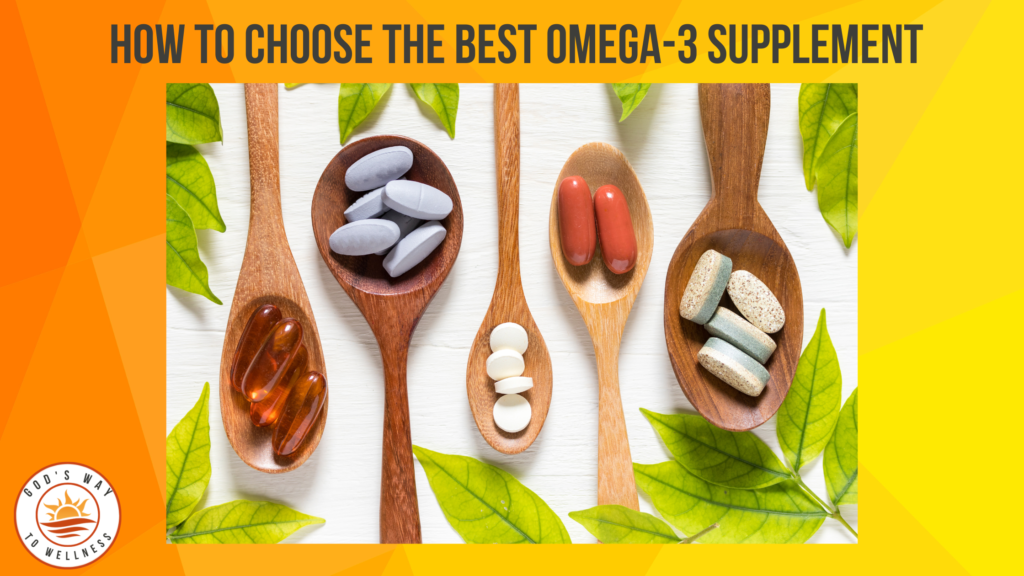How much money do you spend on topical skincare such as cleansers, toners, lotions, oils, serums, and creams? We spent $131 billion worldwide in 2020. However, despite the high price tag, the health of the skin starts with what you eat, not what you apply to the skin.
Do you suffer from dull, blotchy, flaky, or scaly skin? Do you have uneven skin tone and texture, or rashes? The skin eliminates waste products and toxins through perspiration, so healthy skin improves our wellness. So what should we eat for healthy skin?
Foods to avoid
First, avoid these foods.
- Refined grains and sugar
- High glycemic foods (foods that raise the blood sugar)
- Omega-6 fatty acids (found in corn oil, canola oil, safflower oil)
- Ultra-processed foods (packaged food, crackers, chips)
Consider an elimination diet if suffering with acne, eczema, rosacea, psoriasis. Remove certain foods from your diet for at least three weeks. The most likely culprits are gluten (wheat products), dairy products, and eggs. If symptoms improve, then add the foods back slowly, one at a time, and monitor your responses.
Foods to eat for healthy skin
Eat a colorful whole foods diet. Think about eating the colors of the rainbow because densely colored fruits and vegetables contain more phytochemicals, which are the beneficial compounds produced by plants.
Examples of phytochemicals and vitamins in plants to eat for healthy skin:
- Vitamin C—oranges, broccoli
- Beta-carotene—carrots, sweet potatoes
- Polyphenols—berries, red grapes, green tea
- Lycopene–tomatoes
- Vitamin E and healthy fats–avocado

Conclusion
We eat our way to healthy skin instead of depending on the latest and greatest skincare regime. Doing this improves our overall wellness and limits exposure to chemicals in skincare and makeup.
Besides, some chemicals in skincare products are not even on the labels. (Look for a future post on the safety of skincare products.)
Finally, remember to drink plenty of filtered water to stay hydrated, remove toxins, and improve all tissues of the body, including the skin.
Disclaimer
Any information on this Website is provided for educational purposes only and is not intended as a substitute for the advice provided by a healthcare professional. You should not use the information on this Website for diagnosing or treating a health problem or disease or prescribing any medication or other treatment. You should always speak with a healthcare professional before taking any medication or nutritional, herbal or homeopathic supplement, or adopting any treatment for a health problem. If you have or suspect that you have a medical problem, promptly contact a healthcare professional.



